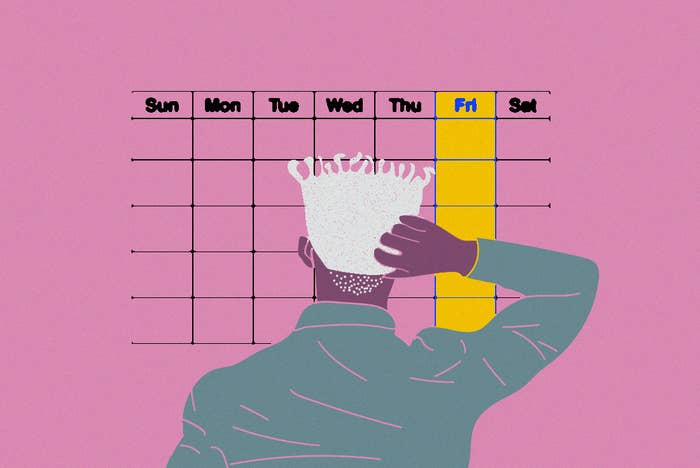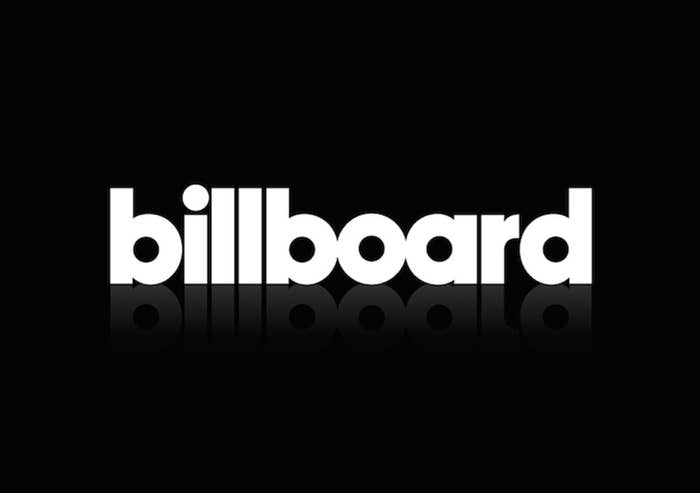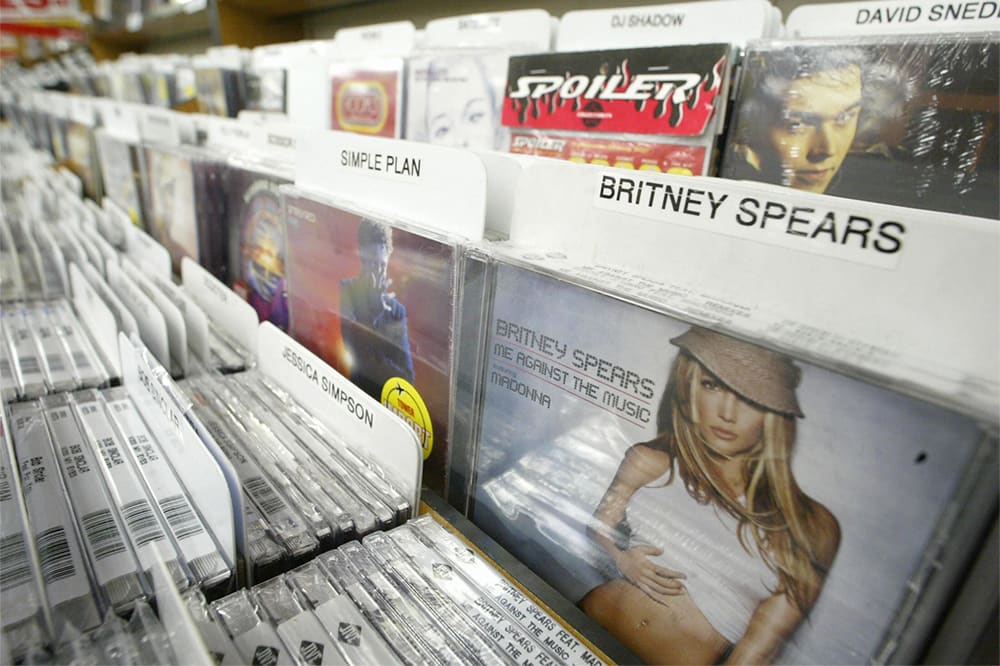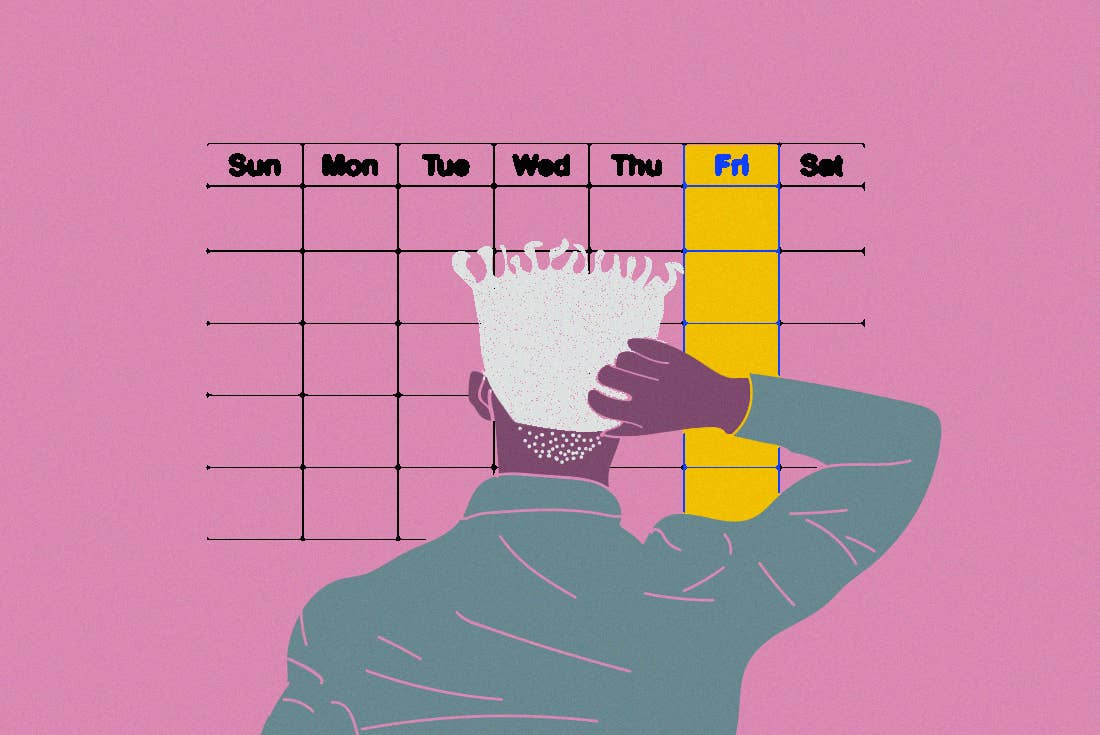
Every Friday, music fans are met with a flood of new music. When the clock strikes midnight, streaming services and digital retailers refresh their catalogs and countless new albums and singles become available all at once.
Why?
Let's start with the history of Fridays becoming the industry's go-to release day. After decades of releasing new music on Tuesdays, the industry collectively decided to switch to Fridays back in 2015 as an attempt to get on the same page and combat piracy.
"Tuesdays were always the release day for the United States, but other countries released music on Mondays, and others on Fridays," explains Shanna Jade, director of brand strategy at music distribution company Stem. "This meant that someone in a country with a Monday release day could purchase something the day it was available to them and upload it to a piracy site. Fans in other countries could pirate that upload for free while they were waiting for their country’s release day, no longer requiring them to purchase it when it came out officially in their region."
As streaming continues to rise in popularity, however, piracy concerns and retail logistics are no longer as important as they once were. So, it’s worth asking: Why does everyone keep releasing music on the same day? Wouldn't it be beneficial for some artists and labels to release on other days of the week and avoid all the competition that happens every Friday?
The answer comes down to three key reasons: chart calculations, streaming service placements, and tradition.
CHARTS

Releasing on a Friday gives popular artists the best chance to maximize their chart potential. Billboard tracks sales from Friday to Thursday each week, so a song or album released on a Friday has the advantage of being tracked for all seven days of the weekly cycle.
"By releasing music on a Friday, you’re essentially allowing your music’s performance to be calculated as soon as their cycle starts," Jade explains. "But if you release on a Tuesday, for example, then your ‘first week’ is technically only considered to be Tuesday, Wednesday, and Thursday—versus a full seven days."
Maximizing chart position is important because it can bring additional attention to an artists’ music. When Cardi B’s "Bodak Yellow" charted No. 1 in 2017, for example, the achievement became a major news story and drew extra attention to the song.
Performing well on charts also serves as a performance benchmark for some labels and their employees. "Traditionally, the labels are playing the chart game," says Chris Anokute, A&R and founder of the entertainment start-up Young Forever Inc. "They're looking for a certain amount of the market share that week or that month. Sometimes it's for vanity and ego. They want to say, 'We just debuted at the top of the charts, because we put out the video, single, and went to radio the same week. From Friday to Thursday, we got all this consumption, which gave us a better chart position.'"
STREAMING

When the majority of new music was purchased in retail stores, it made sense from a logistical perspective to ship albums at the same time each week. But as the industry moves away from physical consumption, release strategies have the potential to be more fluid (in theory). For the time being, however, streaming services update the majority of their new music playlists on Fridays, which encourages artists and labels to release that day as well.
"With Friday now being the global standard for music releases, it’s shifted major programming on storefronts such as Spotify or Apple to be updated on this day," Jade says. "This marks a more 'successful' release day if you drop your project, get a song on New Music Friday, or be featured on Hot Tracks and see traction right away."
Anokute agrees. "Technically, when you talk to these streaming services—whether it be Spotify or Apple—these people are now becoming the gatekeepers, the tastemakers, and the strategizers when it comes to how you release music," he says. "I think sometimes when you put out your record early, you can miss the opportunity to get included in those New Music Friday or Best of the Week playlists," he says. "I guess they feel if you put a record out on a Monday or a Tuesday, it's no longer new music on Friday."
A source at Apple Music tells P&P that the decision to focus on Fridays isn't entirely their decision, though. They explain that most artists currently release music on Fridays, so it makes sense for streaming services to update their new music playlists on Fridays as well. Then, in turn, artists are incentivised to drop music on Fridays and increase their chances of getting placements on those playlists. In other words, it's a chicken-or-the-egg cycle that points to Fridays from both directions.
TRADITION

The structure of the music industry has changed a lot in recent years, but the modern streaming era still borrows heavily from the physical era—especially when it comes to organizational structures and workflow. Anokute admits, "I think a lot of it is habit, honestly. I never even thought about it, to be honest, until you reached out to me. A lot of it is definitely habit."
The streaming era is still relatively young, though, and the logistics of digital releases are much more flexible than the physical release days. It's likely that artists and labels will start experimenting with different release strategies more as time moves on.
"As long as it’s an industry standard, Fridays will always be a tentpole day for releases," Jade says. "But, that doesn’t mean people won’t challenge it. With so many more artists deciding to remain independent and do things their own way, we will continue to see more artists try out different release days and rollout strategies, which is exciting. It’s important for artists to do what is best for them in all parts of their businesses, taking ownership over their own careers—from the release day to rollout strategy to the composition of their team—even if it may not be status quo."
Major artists and labels hoping to maximize their chart position will likely continue releasing on Fridays until Billboard's calculation rules change, but there's a chance smaller artists will start breaking tradition in an attempt to escape all the noise and competition that exists at the end of the week.
"You actually have me thinking," Anokute says, re-evaluating his past decisions to drop projects from young artists like Kevin George on Fridays. "Why are we releasing music on Friday? I don't fucking know. I'm always fighting for visibility and the fight is tough for an independent artist when you're releasing on Fridays, but maybe I shouldn't release on Fridays. I think I'm going to try things differently on the next EP release, to see how the music evolves."
There are several factors that make Friday an effective release day—and it remains the industry standard—but things are becoming less rigid. Both Anokute and Jade agree that we'll probably start seeing more off-cycle releases in the future.
"With so much data on fans and their consumption behaviors available to artists, it’s important to emphasize that there are no rules for how they should be releasing their music digitally and to recognize your fans’ tendencies and plot your release accordingly," Jade says. "For example, if you look into Spotify for Artists and see that you have the most listeners or streams on a Wednesday, then consider making that your release day."


